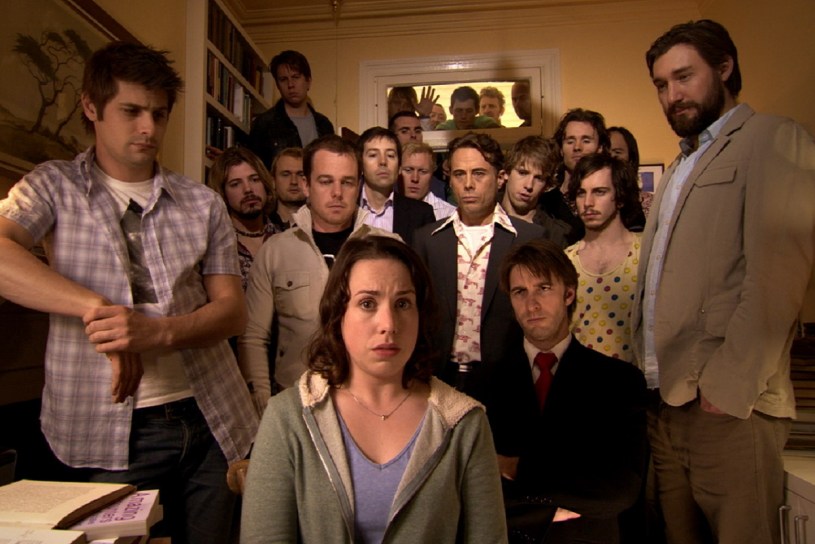Peacock has given a straight-to-series order for a US adaptation of Porchlight Films comedy Laid, with Everything Everywhere All At Once star Stephanie Hsu attached to take on the role previously held by Alison Bell.
The project, which has reportedly been in development since June last year, is now moving forward under the guidance of writers and executive producers Nahnatchka Khan and Sally Bradford McKenna.
Executive producing with the pair are Hsu, Fierce Baby Productions’ Jennifer Carreras, Davis Entertainment’s John Davis and John Fox, and Marieke Hardy, Kirsty Fisher, and Liz Watts. All3Media International is also an executive producer for the Universal Television series.
Watts, now head of film and television (Australia) at See-Saw Films, was a founding partner of Porchlight Films, which ceased operations in 2020.
It was Hardy and Fisher who created the original black comedy, which centres on a woman coming to terms with her complicated past after finding out her former lovers are dying in unusual ways.
Starring alongside Bell were Toby Truslove, Celia Pacquola, Damon Herriman, and Abe Forsythe, who also directed with Trent O’Donnell.
A six-episode first season premiering on the ABC in 2011, followed by another the following year, after which the project was not renewed.
Speaking to IF, Hardy said the US adaptation had been an “ongoing journey”.
“It’s the opposite of Roo’s lovers — it’s the show concept that won’t die,” she said.
“There have been a few goes around iterations in The States, which has always been keen on it since it came out in Australia. We’re really excited it’s found a home and a really strong creative team, and obviously, we’re so excited about Stephanie.”
She added there was “so much more scope” to explore the lead character’s sexuality in the new version.
“A lot has changed politically and in how we articulate gender and sexuality in the last 13 years, or even in the last five to seven years,” she said.
“I don’t think terms like non-binary were as much in the mainstream language as they are now.
“I think there’s a really fresh, modern, sexually relevant take to be done now, so I’m really excited about that and I think it has a whole lot of potential there.”


